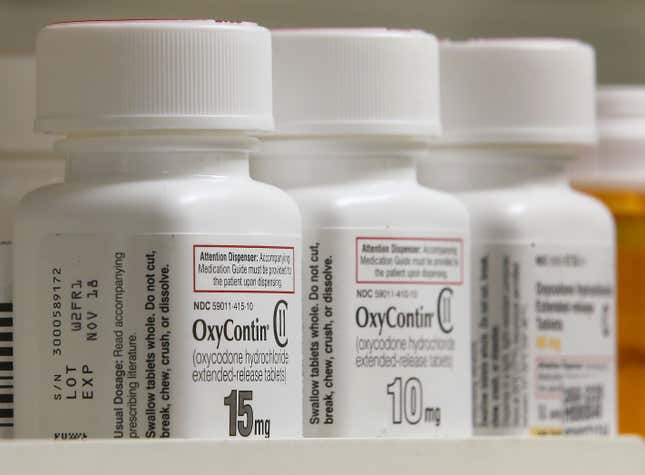
This story incorporates reporting from Boston.com, Philadelphia Inquirer, The Boston Globe, pharmaphorum, Hartford Courant, BioSpace and Yahoo.
Purdue Pharma and its owners, the Sackler family, have agreed to a $7.4 billion settlement aimed at resolving thousands of lawsuits connected to the company’s role in the opioid crisis. The agreement requires the Sacklers to pay up to $6.5 billion and surrender their ownership of Purdue Pharma. Nearly $900 million will come directly from the company, which declared bankruptcy in 2019. This settlement promises substantial financial relief to communities and individuals devastated by opioid addiction.
The settlement, announced by attorneys general from several states, marks a significant development in the ongoing efforts to address the opioid epidemic in the United States. It follows years of litigation against Purdue Pharma, the maker of OxyContin, a prescription painkiller linked to widespread addiction and overdose deaths. Notably, the maximum contribution from the Sackler family members is $500 million more than a previous agreement, reflecting increased accountability on their part.
In addition to financial compensation, the settlement includes the disclosure of more than 30 million documents relating to Purdue Pharma’s operations and the Sacklers. This transparency measure is considered a legal win for victims and is expected to shed light on the company’s role in the opioid crisis. Legal experts have however raised concerns about a unique condition in the settlement that potentially benefits the Sackler family, suggesting ethical complexities.
The terms of the deal require that settlement funds be used primarily for opioid crisis remediation efforts. These initiatives include supporting addiction prevention, treatment, and recovery programs. Critics have previously highlighted that many opioid settlements do not allocate funds specifically for these purposes, making this aspect of the Purdue settlement particularly noteworthy.
Massachusetts is set to receive up to $108 million from this settlement, contributing to wider efforts across the state to combat opioid addiction and its repercussions. This financial influx is part of the broader compensation plan that disperses funds directly to impacted communities over the next 15 years. It aims to support initiatives that can significantly reduce opioid-related harm at the grassroots level.
Despite the settlement’s scope, it does not shield the Sacklers from potential criminal charges—though none have been filed at this time. Earlier settlements had raised issues of accountability, with critics arguing that financial compensation alone was insufficient. The lack of criminal protection in the current deal keeps open the possibility of future legal actions against the Sackler family, should new evidence of criminal wrongdoing emerge.
This settlement is among several totaling approximately $50 billion related to opioid litigation in the United States, emphasizing the extensive financial and societal efforts to address the crisis. While the funds from these settlements offer a path forward, the complexity and depth of the opioid crisis necessitate ongoing vigilance and action beyond monetary compensation alone.
Quartz Intelligence Newsroom uses generative artificial intelligence to report on business trends. This is the first phase of an experimental new version of reporting. While we strive for accuracy and timeliness, due to the experimental nature of this technology we cannot guarantee that we’ll always be successful in that regard. If you see errors in this article, please let us know at qi@qz.com.